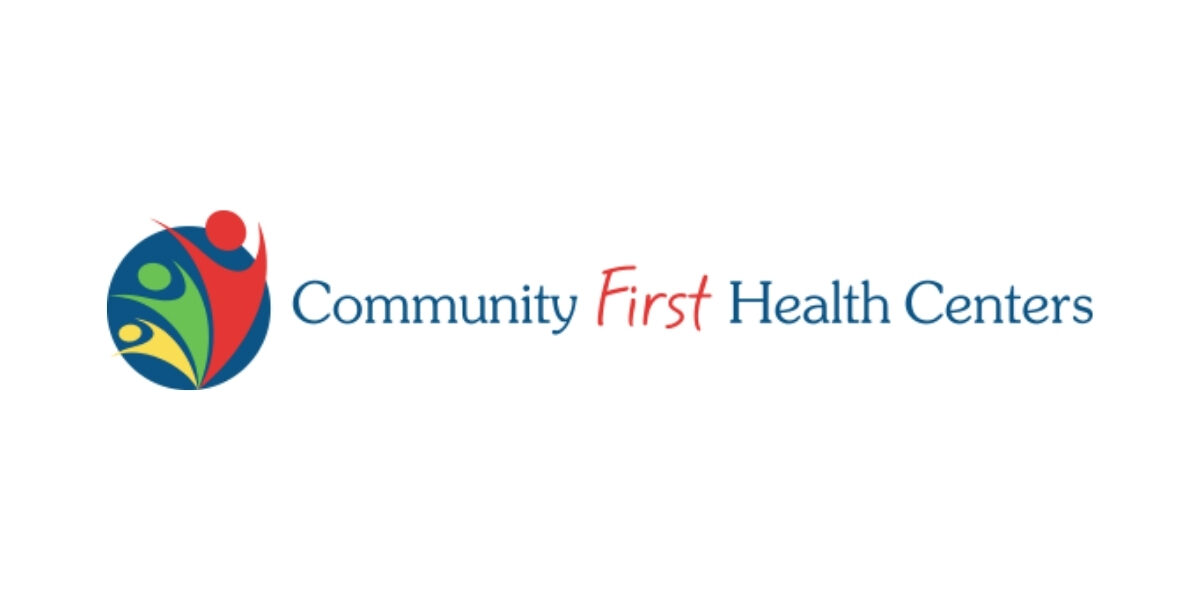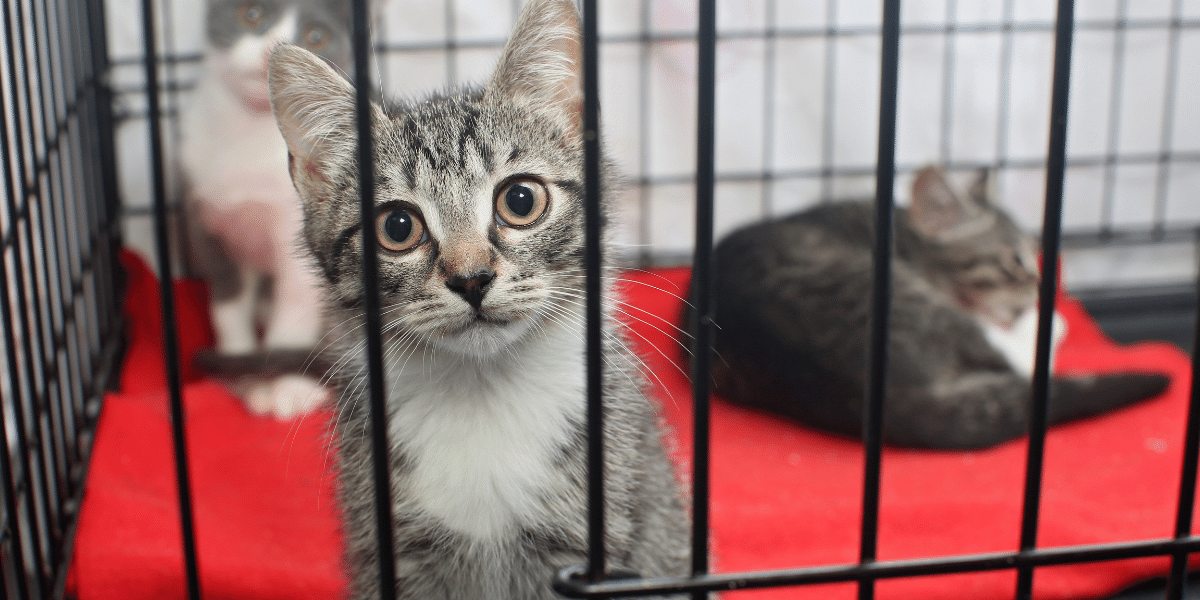Get Your Free Credit Report Until April 20th
Equifax, Experian, and Transunion have been providing free weekly credit reports throughout the pandemic, and they just extended the deadline to April 20th to help Americans stay on top of their finances.
To obtain a free credit report, visit AnnualCreditReport.com to initiate the process. There are three steps to complete, including entering personal information and your social security number.
Users can also select reports from one or all of the participating credit reporting companies, and they have to confirm their identity by answering questions about open accounts, payment amounts, and past and current employers.
Once the review portion is complete, credit reports can be viewed online, printed, or mailed to your home address. The entire process takes less than 15 minutes.
Reporting for WGRT – Jessie Wiegand






